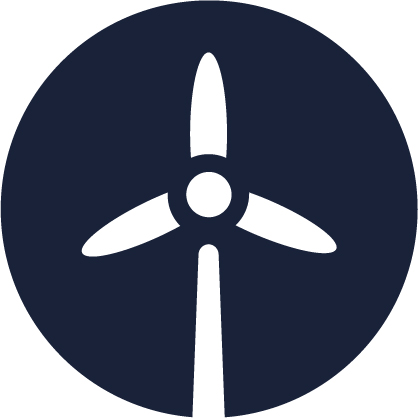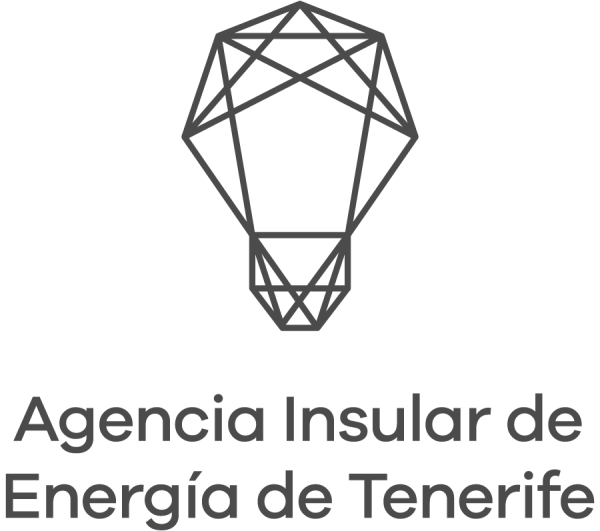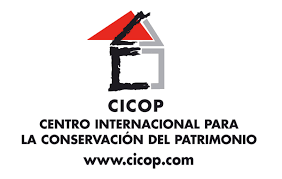SOSTURMAC
Sustainable enhancement of the natural and architectural heritage and development of low-carbon tourism initiatives in the Canary Islands and Cape Verde






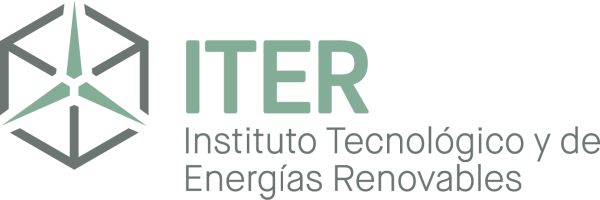
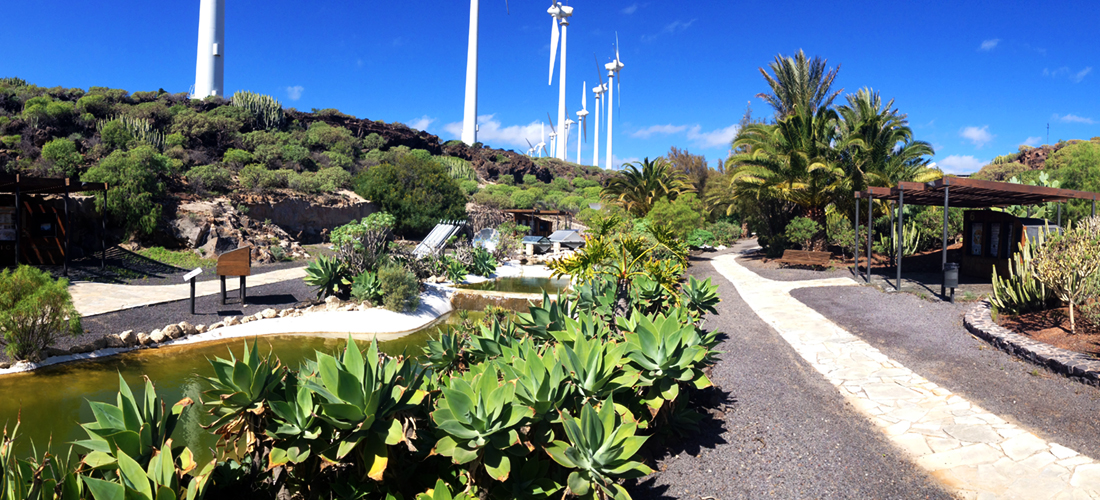
Overview of the project
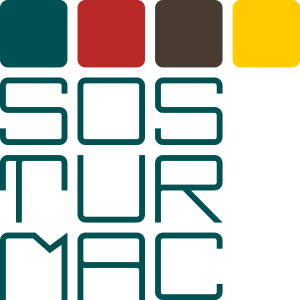
The SOSTURMAC project was created with the main objective of revaluing the natural and architectural heritage of the Canary Islands and Cape Verde, from the energy and environmental point of view, favoring its conservation and providing added value to its sustainable and cultural tourism offer. To this end, specific actions have been taken for the preservation, conservation, enhancement, promotion and dissemination of the heritage of both regions.
SOSTURMAC presents an innovative approach by linking heritage conservation, promotion and development with cultural and scientific tourism, energy efficiency and the use of renewable energies, establishing criteria and methodologies ranging from heritage management to final tourism products.
The project partners are reference entities in the specific fields that concern the project both in the Canary Islands and Cape Verde as well as in their immediate surroundings, which has been key to the success in the execution of the planned activities.
The actions carried out foster a tourist activity that includes energy efficiency and the use of renewable energy sources as a way to achieve economic competitiveness and the reduction of energy dependence, together with the importance of unifying heritage revaluation with its conservation and with the promotion of cultural and sustainable tourism. The results obtained contribute to position the Canary Islands and Cape Verde as innovative tourist destinations consolidated on a technological infrastructure, guaranteeing sustainable development and making the visitor participant in the heritage conservation and dissemination.
Promote sustainability linked to natural and architectural heritage, providing touristic added values
Networking, internationalisation
01/01/2017 – 06/30/2021
2 Pilot Actions – Sustainable Interventions in Heritage: CMSF headquarters; and Fogo National Park headquarters (Fogo, Cape Verde)
- 1 new eco-innovative touristic product for spaces of high natural value
- 33 services or products in the ecotourism sector
- 9 ICT tools to raise awareness and 6 didactic games / workshops
- 12 Sustainable Tourist Routes
- 200 awareness actions (32,000 beneficiaries)
- 304 publications
- 11 scientific communications to International Congresses
- 40 capacity building actions
- 300 collaborations with key actors, initiatives or projects
Awards: 14 International recognitions as Good Practice or awards
SOSTURMAC has contributed to the repositioning of the Canary Islands and Cape Verde as innovative and sustainable tourist destinations, integrating the visitor and the population in the conservation and dissemination of heritage. SOSTURMAC has identified its key heritage elements and has proposed actions that contribute to its sustainability and favour ecotourism as an opportunity for socio-economic improvement. The sustainable interventions implemented on the island of Fogo (Cape Verde), linked to its heritage, should be highlighted, being examples for their replicability in other African regions.
INTERREG Madeira-Azores-Canarias Territorial Cooperation Programme (MAC) 2014-2020
organisation
The Instituto Tecnológico y de Energías Renovables (ITER) is an R&D center located in Tenerife (Spain) that was founded by the Island´s Government with the aim of supporting sustainable development and innovation. With more than 30 years of experience, ITER stands as an international center of reference for research in Renewable Energy, Energy Efficiency, Sustainable Construction, Awareness Raising, Environment and ICT.
ITER has coordinated and participated in more than 230 R&D projects with partners from all over the world. Recently, highlighting the importance of the Canary Islands as a tri-continental platform linking Europe, America and Africa, ITER has lead numerous international projects involving technology transfer and pro-development cooperation, exporting know-how to African countries and cities.
in collaboration



